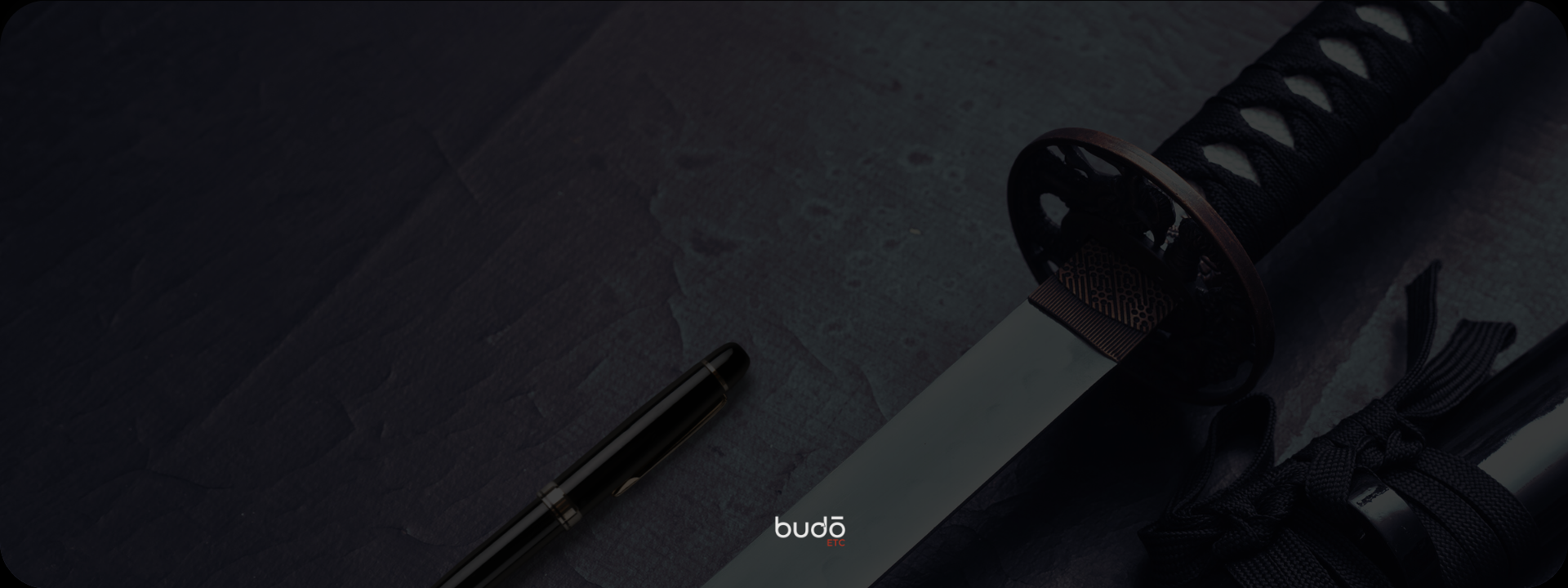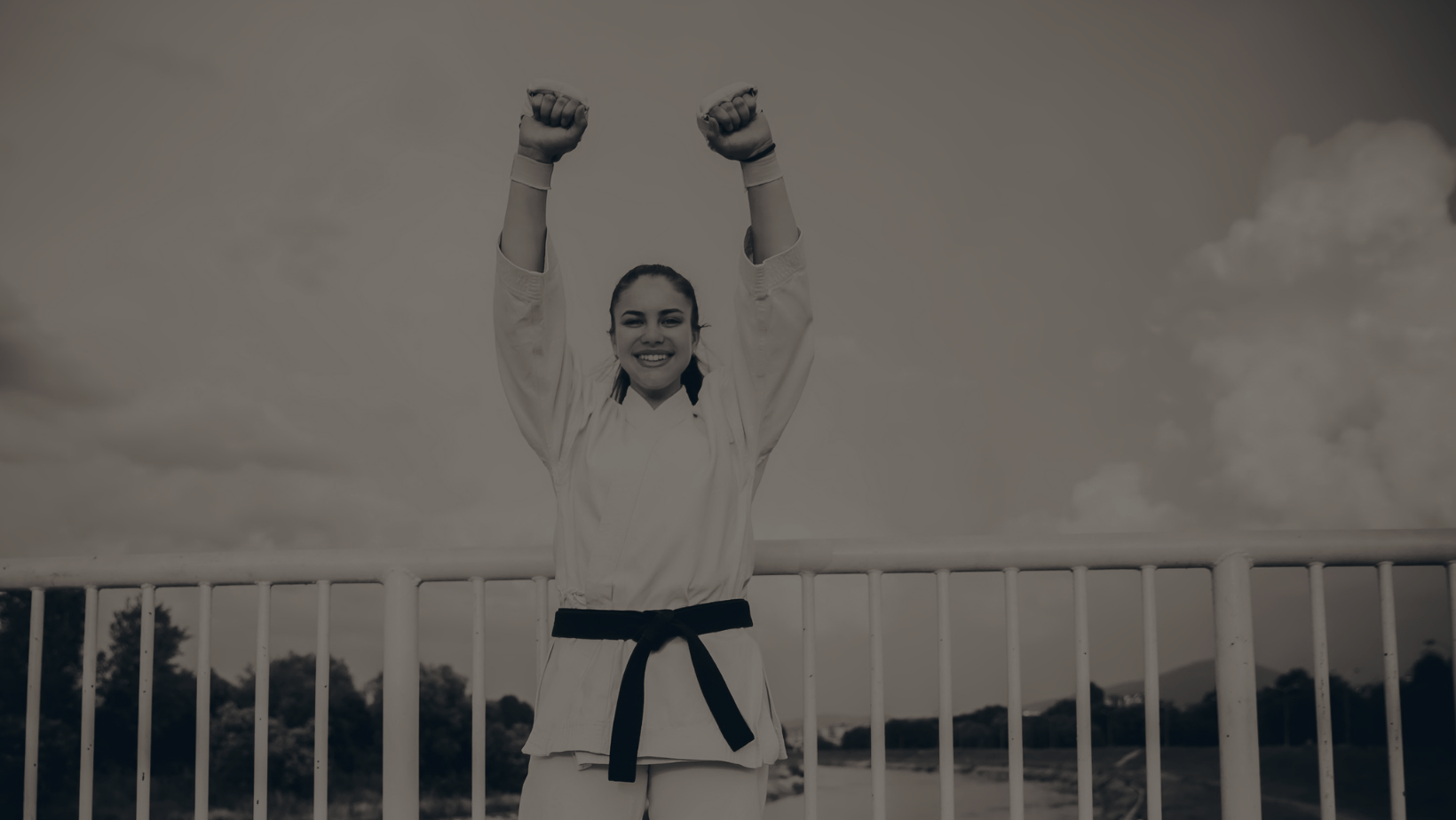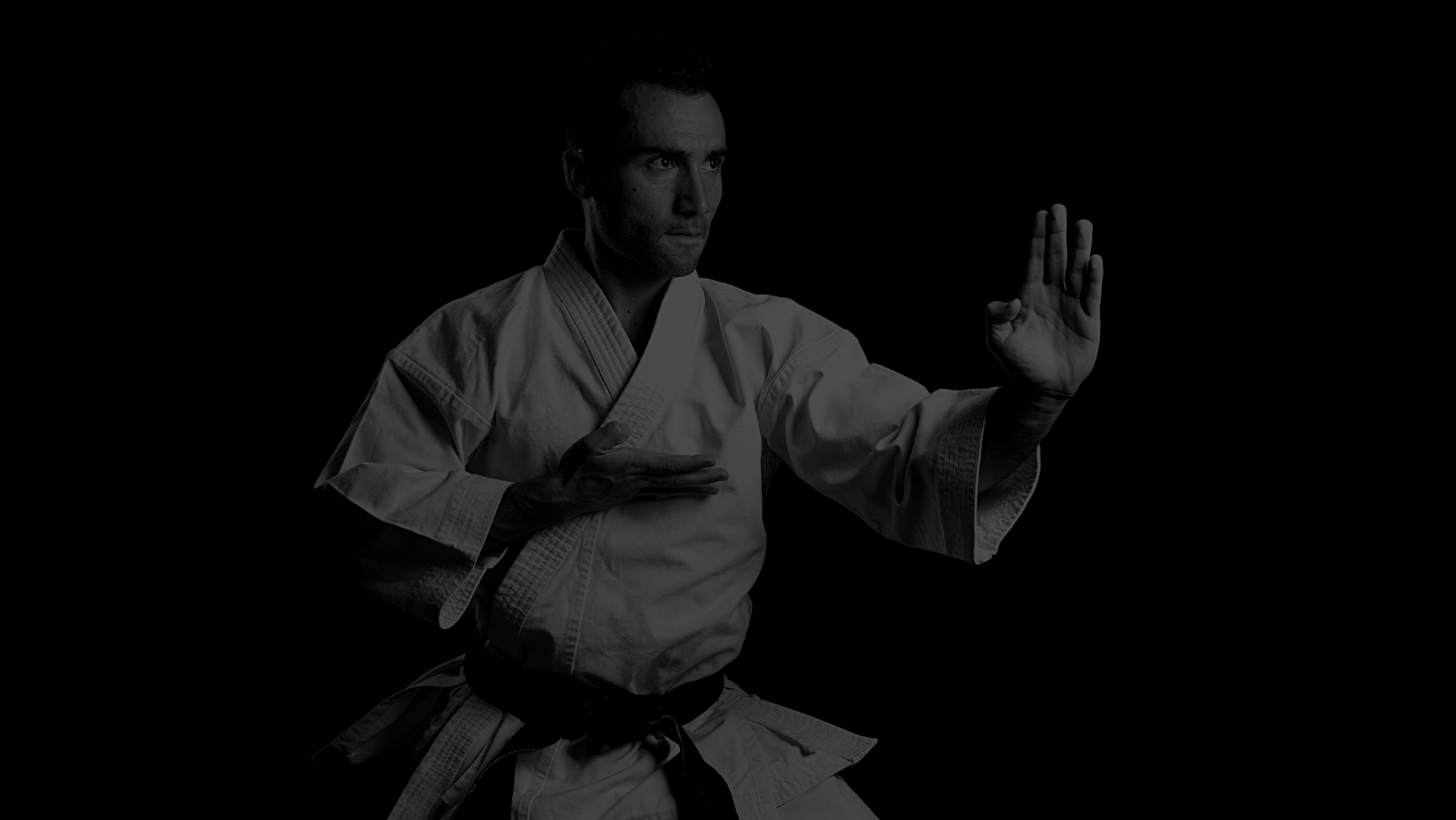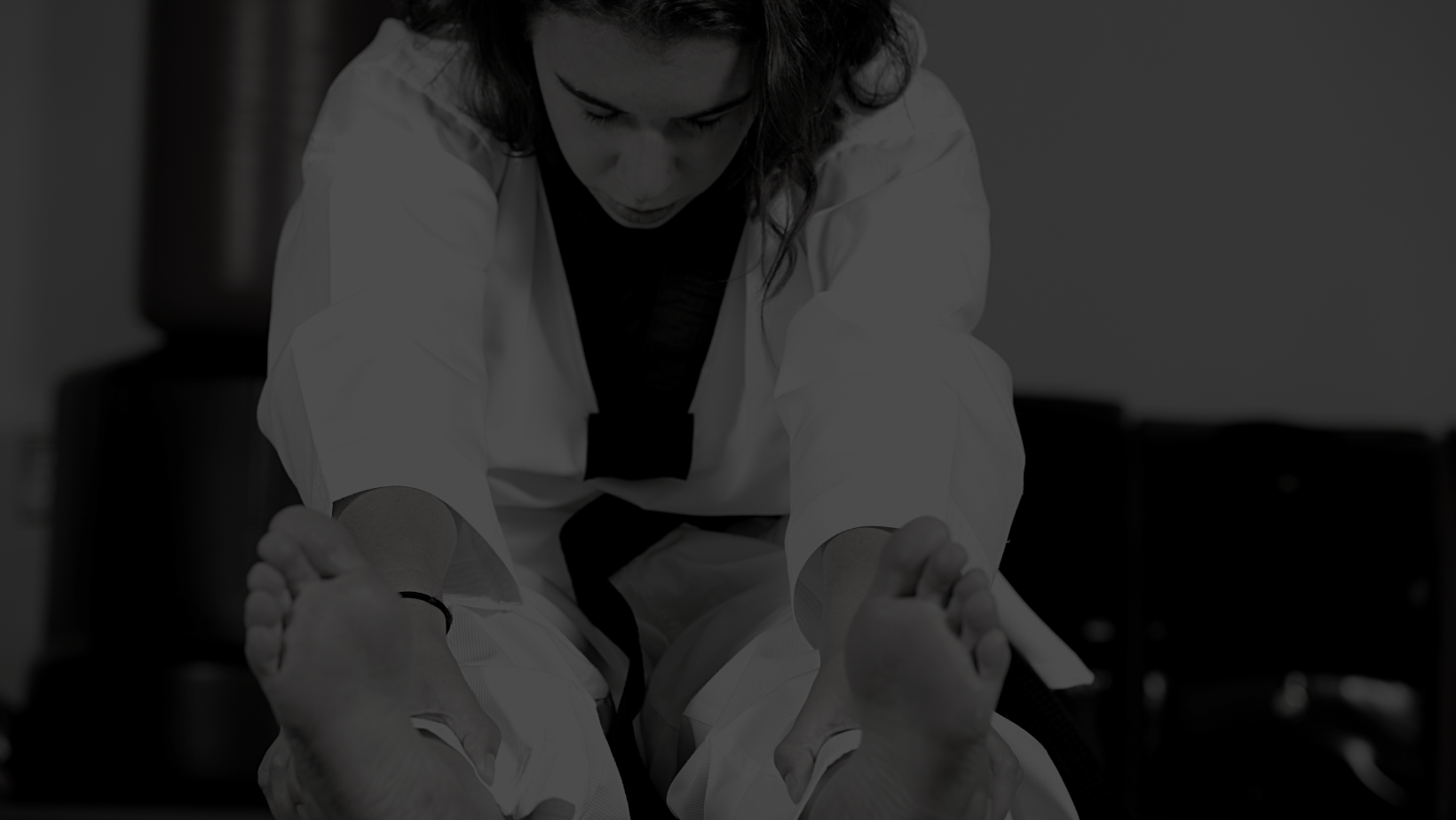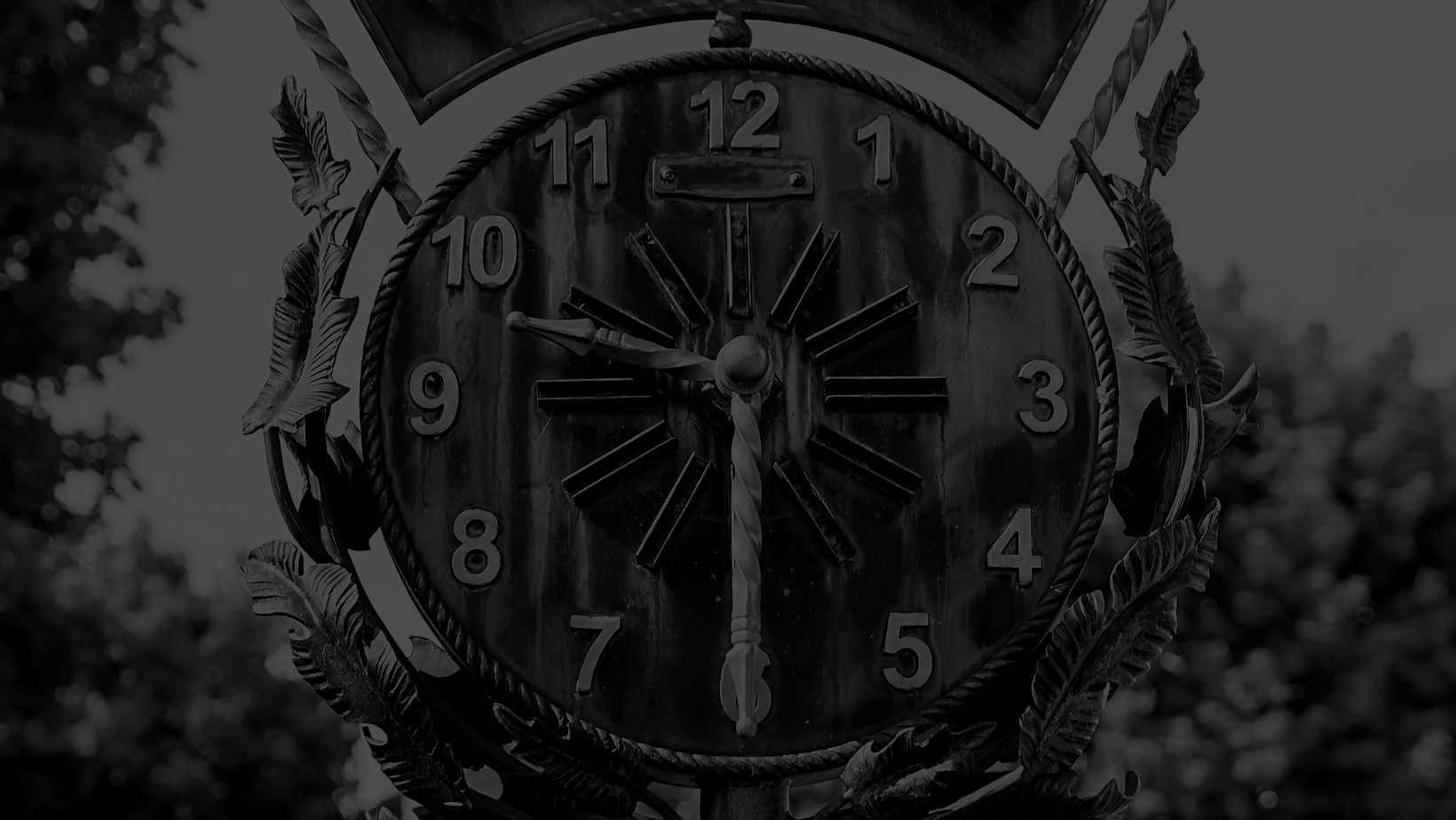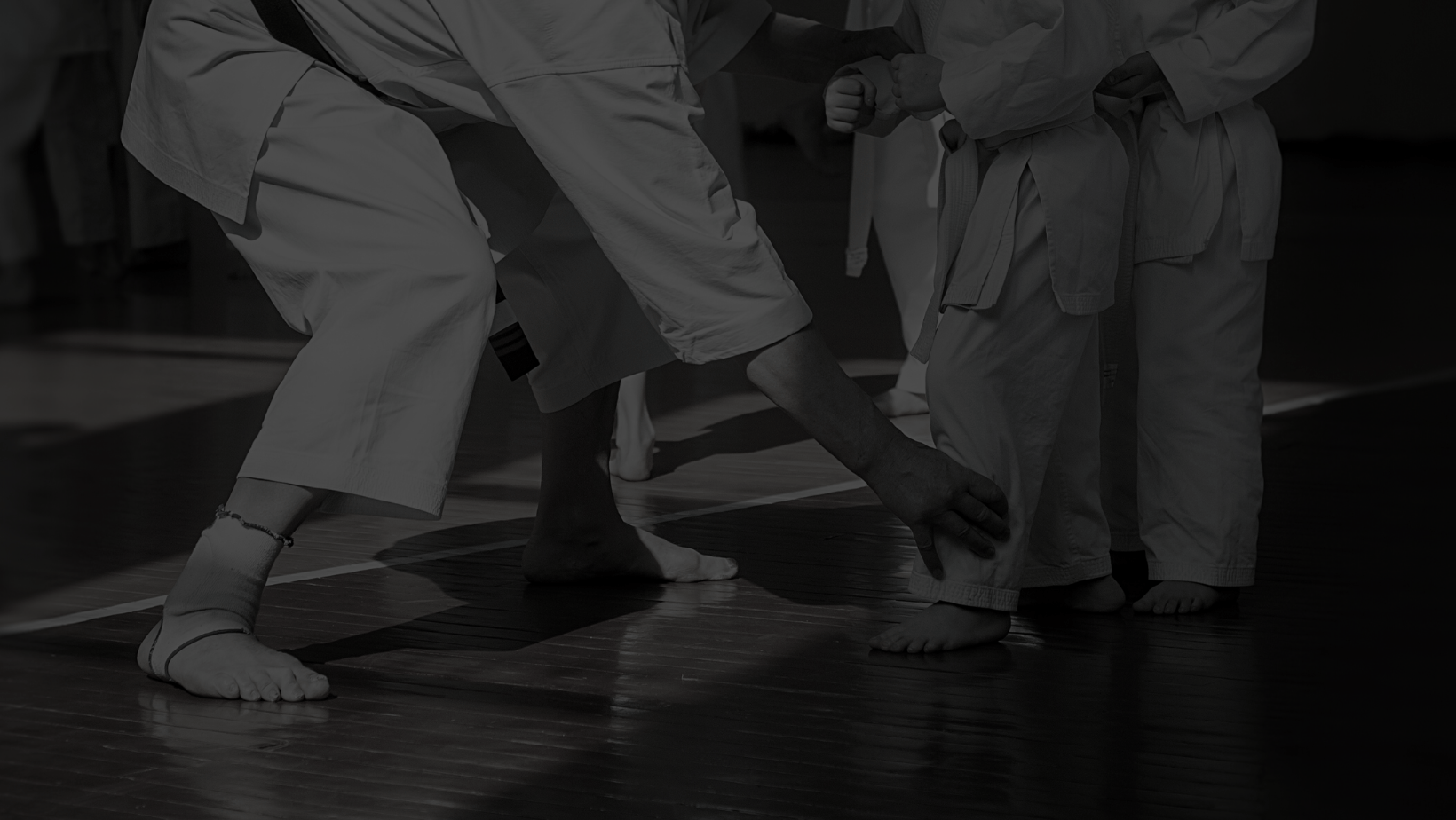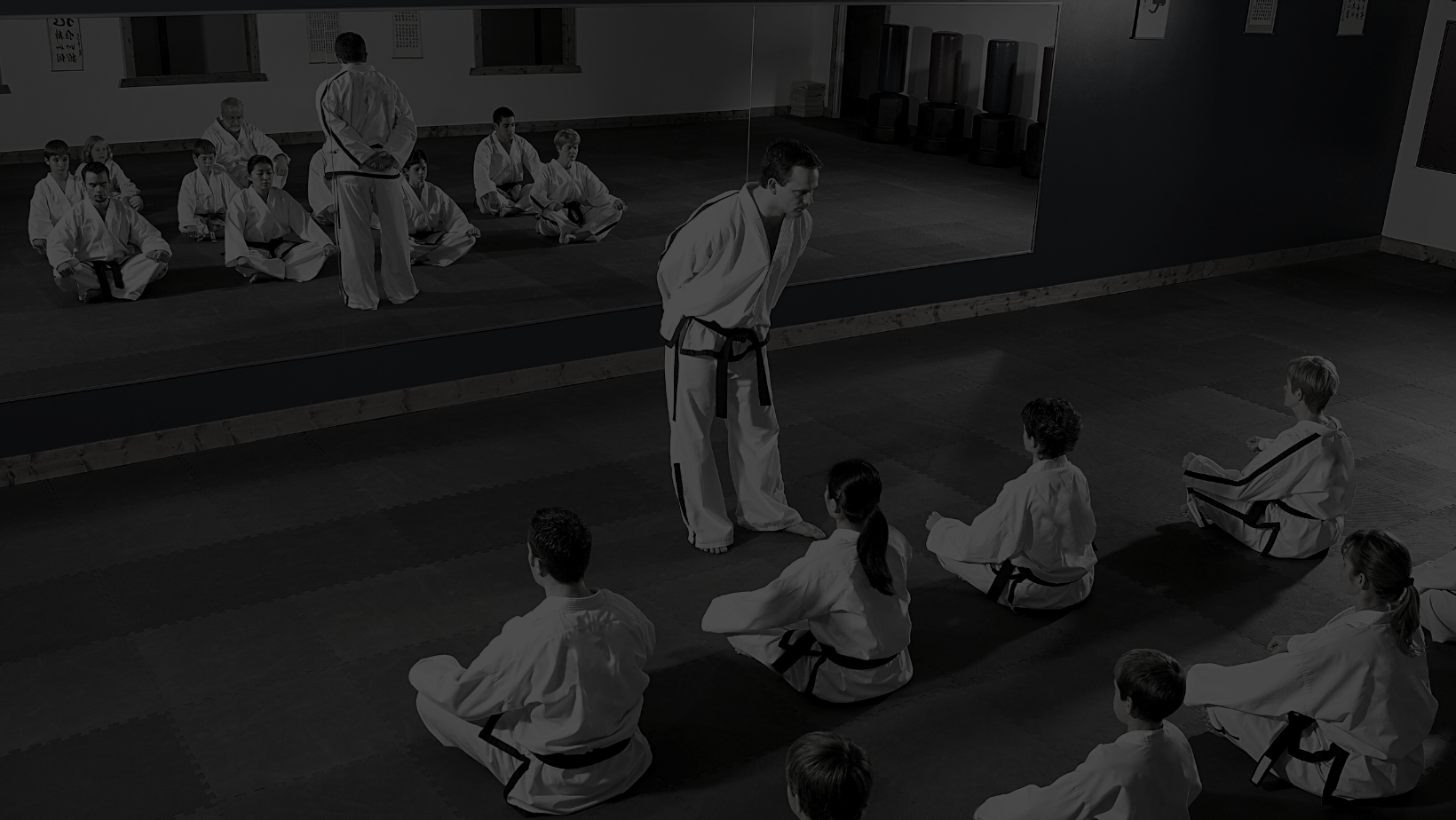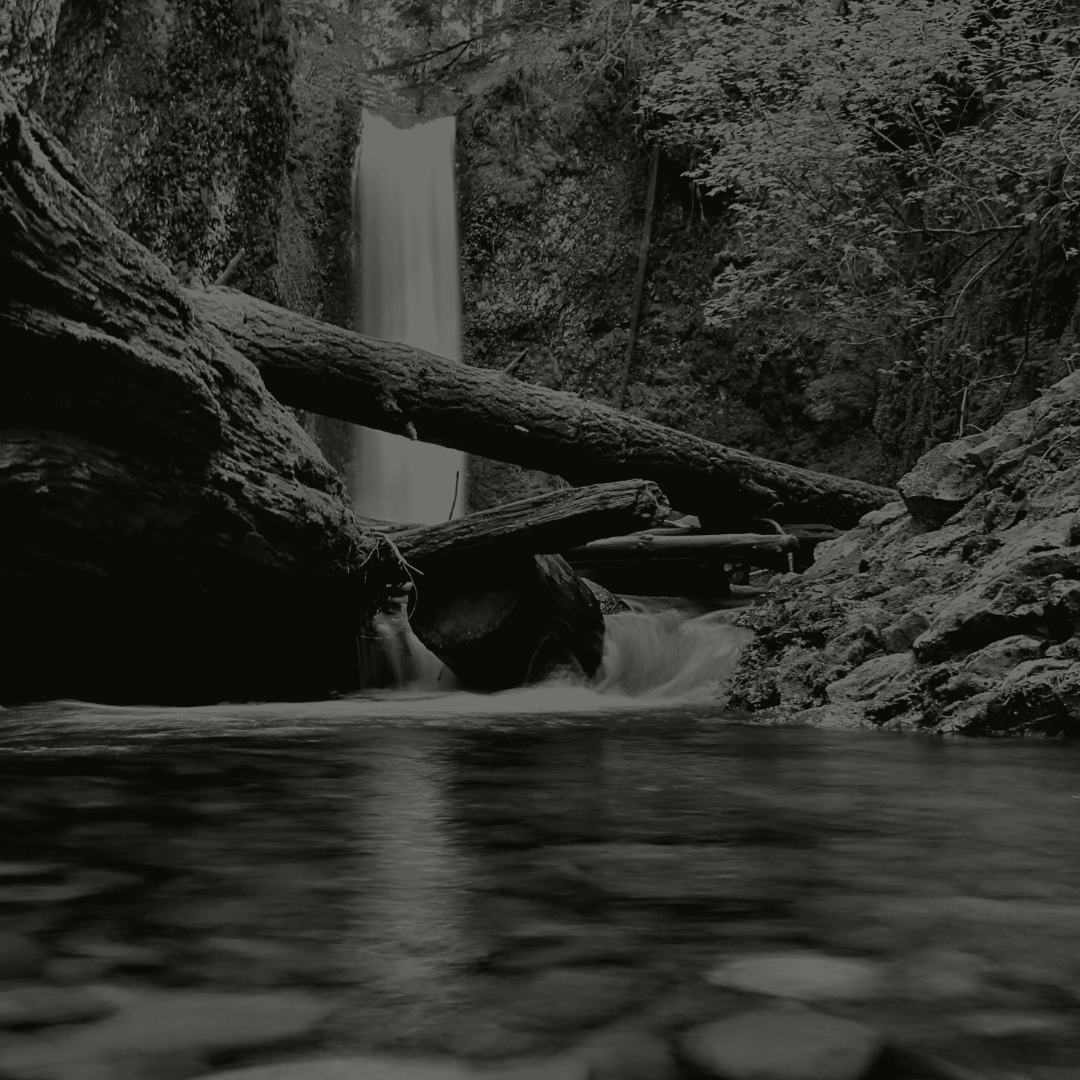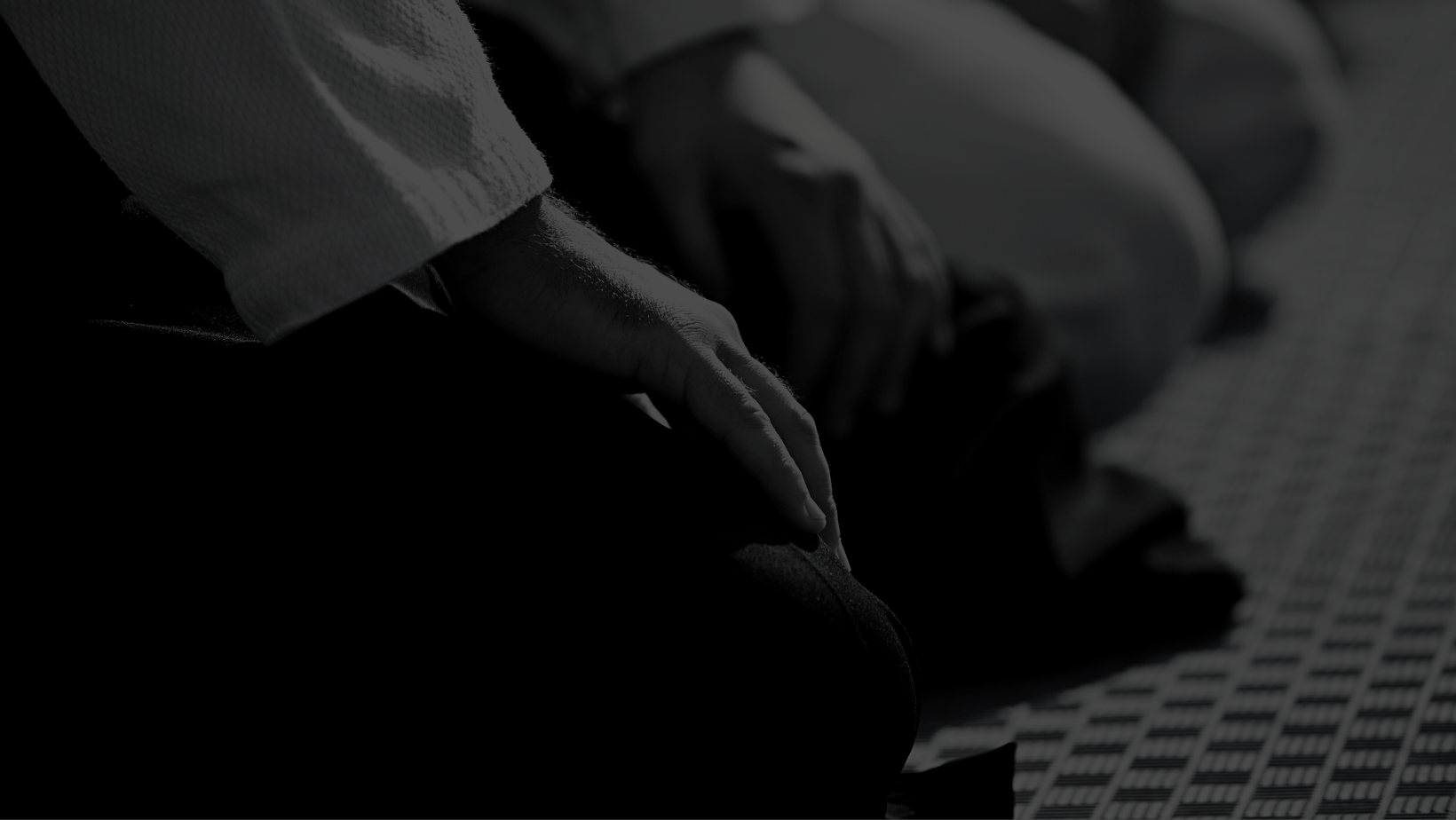Embracing the Hobby Spirit
Why we should stop using “hobbyist” as a pejorative term..
#budotraining #studentinsights #wellbeing #thoughtleadership #opinion
The vast majority of senior Budoka are humble, inclusive, generously accepting, and encouraging of anyone who commits to their training, whatever that might look like. However, there is a parallel, rather more unhealthy, faction in our community whose supercilious outlook serves to paint a less healthy picture of Budo to the wider public or those with a general interest in the practice of Budo. This group, the demographic of which tends to be made up of experienced practitioners who have (self) determined that they have “made it”, typically adopt a tone that suggests that one who pursues Budo, of any complexion, as a hobby (rather than as some sort of all-consuming vocation as they intimate they do) is inherently inferior to them, inferring that those pursuits are less valuable than their own. Naturally, this is only really a reflection of the unresolved ego issues of the individual, and evidences little more than the fact that it is they that are mis-aligned with the spirit and purpose of Budo rather than representing any sustainable criticism of the hobbyist practitioner. This rather self-absorbed view also ignores the fact that unless those critics are 1) in the military and training for war (or a living, time-travelling, anachronism of the feudal warrior class) or, 2) are a full time professional in the field of martial arts in some way, they most likely to be, by definition, themselves a hobbyist.
An article by famous Judoka, Gunji (“G.K.”) Koizumi 小泉 軍治 [8 July 1885 – 15 April 1965] in the Budokwai’s Judo Quarterly Bulletin, October 1953, deals with the topic very astutely. Interestingly, it also identifies, even then, an emerging concern as to the effect of charlatans in the Budo community, providing a commentary that remains pertinent and valid, in the author's opinion, some seven decades later. The full article is set out below so that the contemporary practitioner may share the wisdom of the past. While the article is drafted from a Judo perspective, it is equally relevant to all Budo, thus the reader is encouraged to mentally substitute the style attribution as they read the content in the context of their own art.
"To those whose minds are occupied with the serious matters of life, the term "Hobby” may only reflect those tame and idle occupations in which one indulges to pass one's leisure hours, matters of no special consequence. But in its wider application of the dictionary definition of “favourite pursuit or object”, a hobby has a significant bearing not only on the life of the individual but on the progress and welfare of humanity as a whole. Some forms of hobby may end as a means for individual satisfaction or killing boredom, but a deep analysis of human history reveals that all important events, discoveries, inventions, especially teachings were originally developed from favourite pursuits or hobbies, not from the tasks dictated by formal duties or the needs of livelihood.
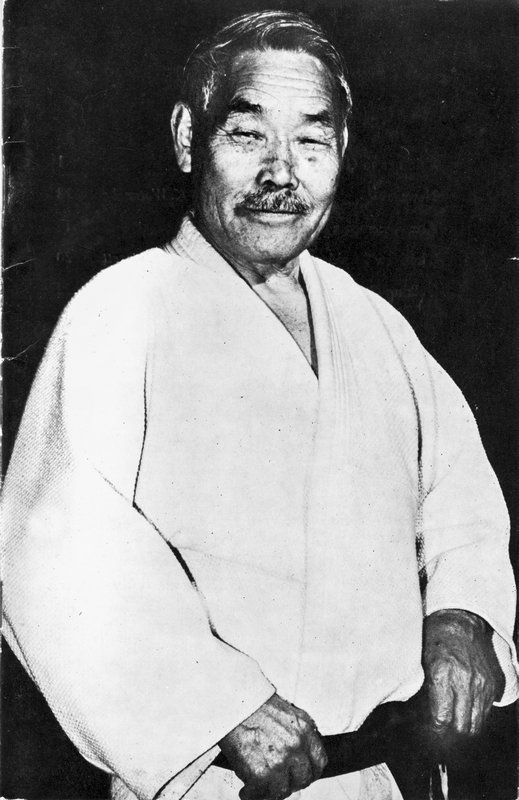
A favourite pursuit, in the true sense, is a dictate of nature just as are idiosyncratic likes and dislikes. Sports originally founded and developed on this fundamental law of life, and their merit or the end in view is the enjoyment or recreation derived from the practice of them. Whatever benefit or harm one might get from them in the way of physical and mental attainment is a by-product, and much depends on one's mental attitude. A part of Judo training takes this form, known as Randori or free practice, and Shiai, or trial match.
When one is engaged in a favourite pursuit or a subject absorbingly interesting, the normal conception of labour or time and artificial social distinctions disappear from the mind. In fact, life itself is absorbed in the engagement, or it may be said that one's life is tuned in harmony with eternal life. Isn't such a state, conceived by the teachers of religions, politics or philosophies and called Utopia or Heaven, the ultimate object or ideal of life? According to the students' capacity of understanding and individual adaptability or circumstances, the method or manners of teaching may have to vary but the final aim cannot be any other than promoting such a state of life on earth.
The question “Why do you do Judo?" is a often asked by uninitiated onlookers. The beginners may have a straight answer such as, "Because I wish to learn it for self-defence" or "For the sake of the exercise”, but an "addict" may find difficulty in finding a suitable and satisfying answer to the questioner’s science-trained intellect, except “Because I like it”. This simple answer may lack in intellectual reasoning but in fact it is a spiritually embodied answer. Any reasoned or intellectually satisfying answer will come from one whose understanding of Judo is superficial or biased. The merits or attributes may be expounded but they are resultant by-products of the “I like” of nature’s dictate. The Grades, the glamour of Championship may be used as the means of elementary encouragement, but they are not the objectives of the true Judoka. True love is spontaneous and spiritual, unbiased by the reasons of the family institution or any other resultant considerations. However, how to follow nature’s dictate is another matter.
Progress” is the vital stimulating force of life, but the process of its manifestation, like the growth of a plant, is subject to the laws of nature, and needs constant and patient care, not that of duty-bound obligation to any ulterior objectives, but the inspired love of a hobby. So it is with Judo. To the impatient or to those who are inspired by ulterior motives progress in Judo appears to be slow – so slow that day to day or week by week progress is not measurable by human senses. This fact of slowness or the difficulty of making rapid progress in no way detracts from the merit of Judo, for difficulties are stimulants to human interest and effort, and the mental and physical exercise involved in the effort of overcoming the difficulties are the means of progress and developing the faculties. However this slow nature of progression provides openings for side-tracking or exploitation for the "clever sets" or charlatans. By their tricks and cunning the uninitiated are often enticed into their parlour to be persuaded to part with their cash for promises of quick progress and decorative diplomas. Their boastful self-styled titles or imaginary positions are usually defended with baseless tales and abusive derogation of others.
Here we find the problems and tasks, for those who love Judo as a hobby and a means of cultural training, of educating the uninitiated by personal example, to save them from being victimised by the charlatans, also to uphold the dignity and good name of Judo.
In this chaotic, immature human world, the Judo movement like some other movements and teachings, may for the sake of worldly prosperity need to adopt some compromised form of organisation with the prospect of individual material benefits, but in doing so it is most important to observe the principle of Judo, "Balance” and to avoid the movement being reduced to a mere business institution, so that it may serve as a means for promoting human maturity. As it was with the founder, the spirit of the hobby, shall be the heart of Judo.
The mental habit or attitude cultivated by Judo training will have a far-reaching effect on a [person’s] life. For [they] will see all things, including [themselves], through glasses focused on a balanced perspective of objective and subjective or introvert and extrovert points of view."
- article reproduced by the courtesy of The Budokwai, London

